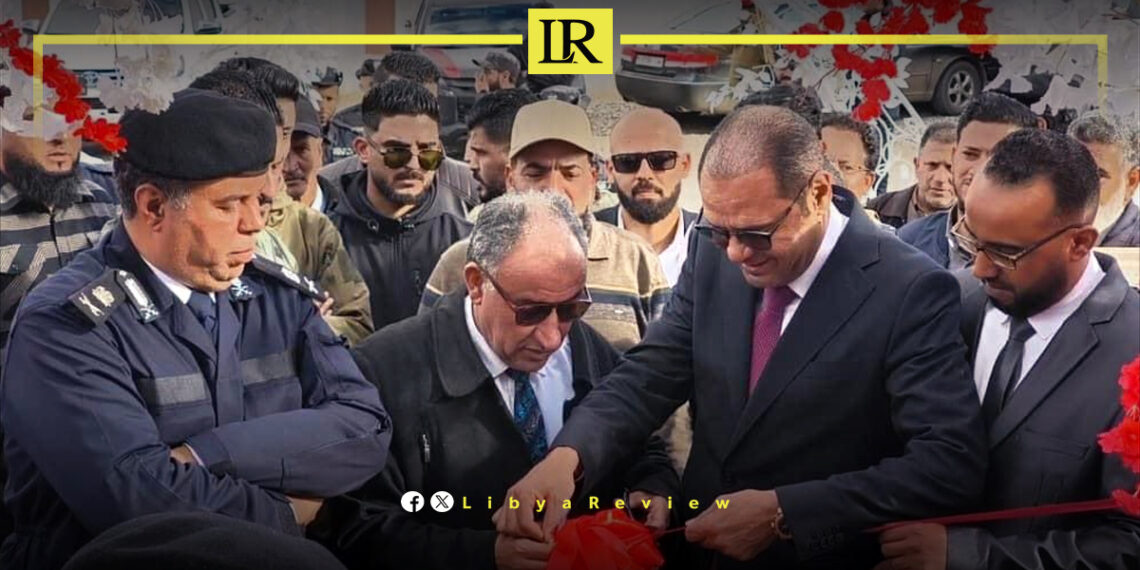The Minister of Health of the Libyan Government-designate Othman Abduljalil, inaugurated the Al-Sahel Diabetes and Endocrine Treatment Center, marking a significant milestone in Libya’s healthcare sector.
Equipped with cutting-edge medical technologies, the center aims to provide comprehensive care for patients with diabetes and endocrine disorders. Its advanced diagnostic and therapeutic services, coupled with educational and awareness programs, are designed to prevent complications and improve patients’ quality of life.
During the opening ceremony, Abduljalil expressed pride in this achievement and commended the efforts of the medical and administrative teams behind the project. He emphasised the importance of establishing specialised centers to meet the healthcare needs of Libyan citisens effectively.
The center’s director highlighted its potential to alleviate pressure on general hospitals while offering a state-of-the-art treatment environment that meets international medical standards.
This initiative is part of the Ministry of Health’s strategic plan to revitalise the healthcare sector, which includes building new specialised centers and upgrading existing facilities to address current health challenges.
Libya has been in chaos since a NATO-backed uprising toppled longtime leader Muammar Gaddafi in 2011. The county has for years been split between rival administrations.
Libya’s economy, heavily reliant on oil, has suffered due to the ongoing conflict. The instability has led to fluctuations in oil production and prices, impacting the global oil market and Libya’s economy.
The conflict has led to a significant humanitarian crisis in Libya, with thousands of people killed, and many more displaced. Migrants and refugees using Libya as a transit point to Europe have also faced dire conditions.
The planned elections for December 2021 were delayed due to disagreements over election laws and the eligibility of certain candidates. This delay has raised concerns about the feasibility of a peaceful political transition.
Despite the ceasefire, security remains a significant concern with sporadic fighting and the presence of mercenaries and foreign fighters. The unification of the military and the removal of foreign forces are crucial challenges.


